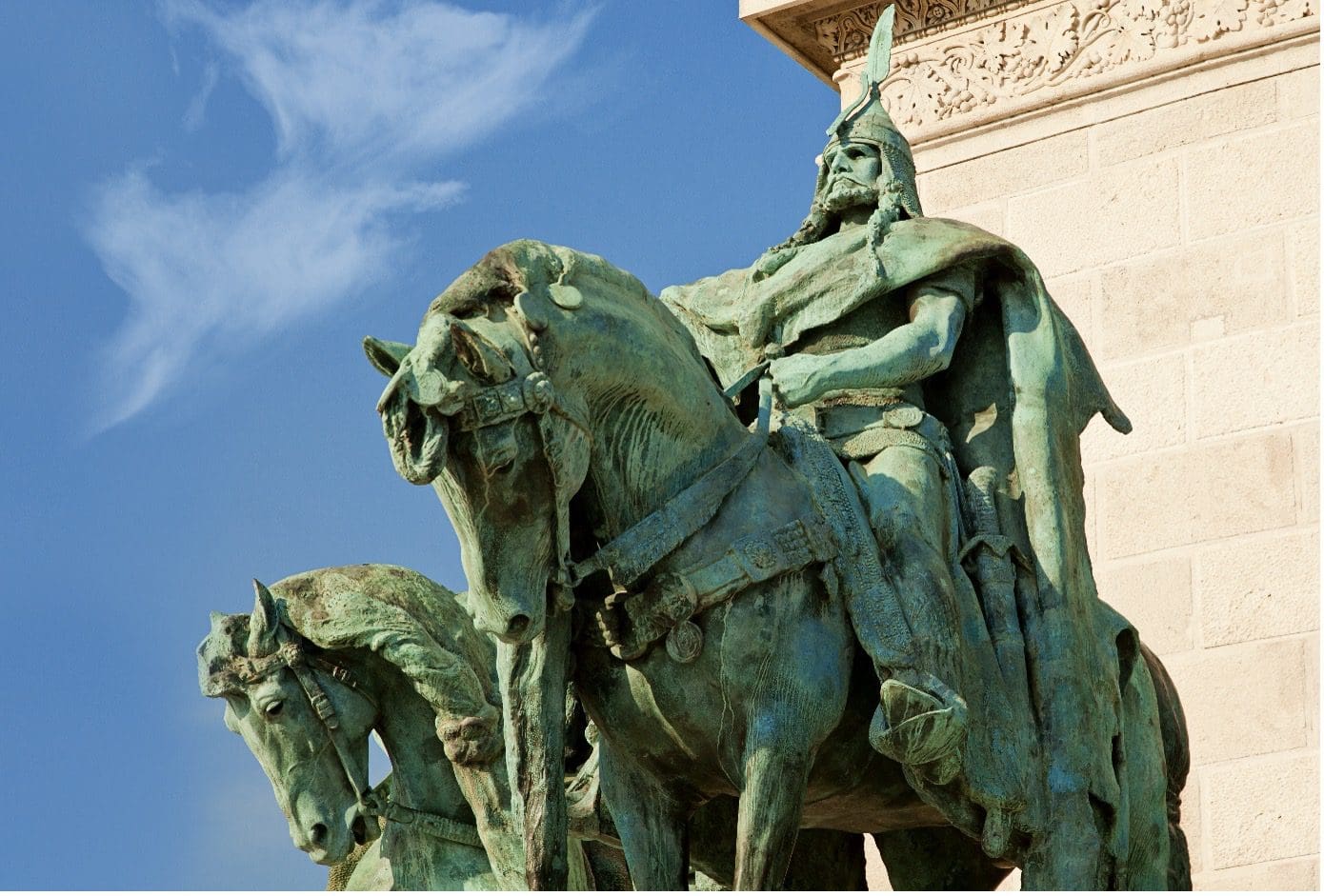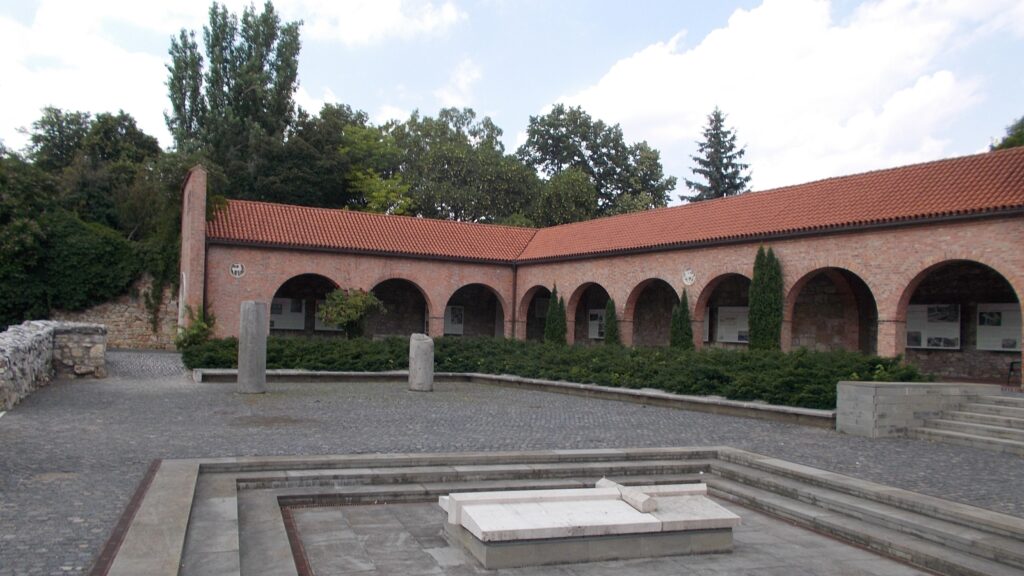In World War II nationalism earned a bad name. Nationalism is blamed for wars, genocide, and ethnic cleansing. It is believed to bring ill upon minorities and set neighbouring countries against each other. Not only politically, but also in terms of economic policies nationalism and protectionist measures are in addition believed to be harmful both for national and global economies. In all its forms, whether economic or political, nationalism is believed to harm all sides. However, there is an alternative look at nationalism – as one that is compatible with classical liberalism, which promotes unity within the nation and solidarity with neighbouring countries.
As written in the Foreign Policy journal more than a decade ago, ‘the bad rap on nationalism relies almost exclusively on cherry-picked exceptions.’[1] The author brings up a question – were Americans less nationalistic during World War II than Nazis? Were not both sides –the ones fighting for good and the ones fighting for evil– inspired by the same ideas of defending their values and ways of living? The difference between Nazis and Americans was not that one was nationalistic while the other was not. The difference was that while Nazis used nationalism to declare themselves superior and defy any moral codes, American nationalism believed in moral norms, values and rights, and considered helping allies a virtue, de las Casa argued. It was not the presence or absence of nationalism that defined which side is right and which side is wrong. It was the use of the same ideology –one for justifying the murder of others and the other for restoring international peace– which made American patriotic sentiments a force for good and Nazi nationalism a force for evil.
The national unity might explain part of the reason why today the richest countries on Earth score the highest on nationalism
A common misconception of nationalism, as argued in the Foreign Policy article, is that nationalism makes people selfish and careless of others. While on the one hand, patriotic people might care less about people in other countries, on the other hand, they may care more about their compatriots. Maybe in a selective way, but nationalism can also be altruistic. Within each country, nationalism is a force for unity – across gender, age and class, members of the same nation have a shared a set of values, laws to abide by and the same culture to transmit to the next generation. Even without meeting with each other, members of the same nation have something in common. That is to say – nationalism does not need to make people selfish. The national unity which propagates trust and cooperation within the country might explain part of the reason why today the richest countries on Earth score the highest on nationalism. When asked whether their country is better than most other countries, people from the most developed countries (e.g., from Australia, Canada or the USA) are the most likely to think that their country is superior to other countries.
Nationalism does not have to be antagonistic to classical liberalism and individualism either. The collectivist and tribal elements in nationalism which reduce individual responsibility and subordinate the individuum to the collective are usually understood to be undermining classical liberal thought. However, as argued by Stephen Hicks, there is a way of harmonising individualism with nationalism.[2] The author holds that the way how individualism can complement nationalism is by connecting the achievements of our forebears with our individual attainments. The example he gives is that instead of a Brit just leaning back and taking pride in the achievements of Shakespeare, a Brit must say that it is only through the achievements of Shakespeare that he (or she) as an individual can become an educated person and learn to appreciate culture. So, by tying the individual achievement of being properly educated to the achievements of the nation’s forebears, nationalism and individualism can be harmonised. As such, nationalism depends jointly on the happenstance of birth, as well as on individual achievement.
Nationalism also need not to induce hatred against other nations; quite the contrary, it can lead to cooperation and solidarity between nations. In the early days of nationalism, in the 19th century patriotism led to a beautiful Europe-wide cooperation of freedom fighters. After the Insurrection of 1930-31, when Poland’s freedom fight was crushed, many Polish freedom fighters had to leave their homeland. Never giving up the hope that they can once again battle for their nation’s freedom, they dedicated their life to fighting for the liberty of other European nations. Later, as the Spring of Nations sparked the Hungarian Revolution and Freedom Fight of 1848-49, Polish freedom fighter emigrants joined the Hungarian revolutionary army, and made enormous contributions to the fight. During the revolution and freedom fight, 4.2 per cent of Hungarian military officers were Polish,[3] with altogether three generals, five colonels, 12 lieutenants and 18 majors in the Hungarian revolutionary army being Polish. These men arrived in Hungary specifically to fight for our nation’s freedom – since they could not fight for their own nation’s liberty, they joined forces with another nation’s freedom fighters to struggle for the cause they all glorified: Nationalism. One of the best-known Poles fighting for Hungary’s independence is Józef Bem, who is referred to as ‘Old Father’ (Apó) by Hungarians, honouring the sacrifices he made for the Hungarian nation.
Nationalism need not be a force driving you to hate your neighbour – it may be a force which makes one understand their neighbour’s love of their country
In turn, when the Hungarian freedom fight was defeated in 1849, Hungarian freedom fighters also dedicated their life to repaying the support they received in times of hardship; they were ready to fight for the freedom of any European nation that decided to rebel against tyranny. Even today, many streets in Sicily bear the names of Hungarian freedom fighters who joined Garibaldi fighting for the unification and freedom of Italy. The most well-known Hungarian freedom fighters in Italy are István Türr and Lajos Tüköry; another Hungarian soldier, István Dunyov, was made a colonel by Garibaldi himself, after losing a leg in the Battle of the Volturno.[4] The Hungarian Legion fighting for Italy’s freedom consisted of 200 Hungarian freedom fighters who specifically joined Garibaldi to fight for the Italian nation’s liberty. All these examples demonstrate that nationalism can lead to cooperation and solidarity between nations. Polish freedom fighters understood how it feels to be oppressed and deprived of national liberty – so they felt the urge to support other similarly oppressed nations. Their love of country made them feel the love other nations feel towards their own homeland. Nationalism need not be a force driving you to hate your neighbour – it may be a force which makes one understand their neighbour’s love of their country.
Nationalism is much like any other ideology – it may be used to fuel hatred and set groups against each other, but it may also induce unity within a community and help one to acknowledge other communities’ love for their own nation. Nationalism in itself does not need to be condemned – only its negative uses. Douglas Murray once said that blaming nationalism for the evils of the 20th century is like blaming love for the Trojan war. Achaeans waged war on Troy after Paris took his love, Helen with him to Troy; so, it was the young couple’s love which led to the war. Despite the Trojan war, no one blames love as a source of military conflict. Homicides, murders, and suicides all happen due to unrequited love, yet no one in their right mind would say that love is harmful. By the same token, nationalism in itself should also not be considered inherently evil. It is the use of the ideology, like the use of a knife to kill or to put butter on bread to feed a hungry child, which should determine our value judgement of nationalism.


[1] Gustavo de las Casa, ‘Is Nationalism Good for You?,’ Foreignpolicy.com, 2009, https://foreignpolicy.com/2009/10/08/is-nationalism-good-for-you/, accessed 15 Feb. 2022.
[2] The Truth About the Nazis with Stephen Hicks, [online video], Triggernometry, 2022, https://www.youtube.com/watch?v=gAydErHRJ9w, accessed 18 Feb. 2022.
[3]Bona Gábor, ‘A lengyelek és az olaszok,’ Arcanum.com, https://www.arcanum.com/hu/online-kiadvanyok/Bona-bona-tabornokok-torzstisztek-1/tabornokok-es-torzstisztek-az-184849-evi-szabadsagharcban-23DD/ii-a-honvedsereg-tabornoki-es-torzstiszti-karanak-osszetetele-2673/5-a-lengyelek-es-az-olaszok-2717/, accessed 17 Feb. 2022.
[4]BBC History, ‘Garibaldi egyik legjobb embere volt a féllábú magyar,’ Index, 2016, https://index.hu/tudomany/tortenelem/2016/07/28/garibaldi_egyik_legjobb_embere_volt_a_fellabu_magyar/, accessed 17 Feb. 2022.








